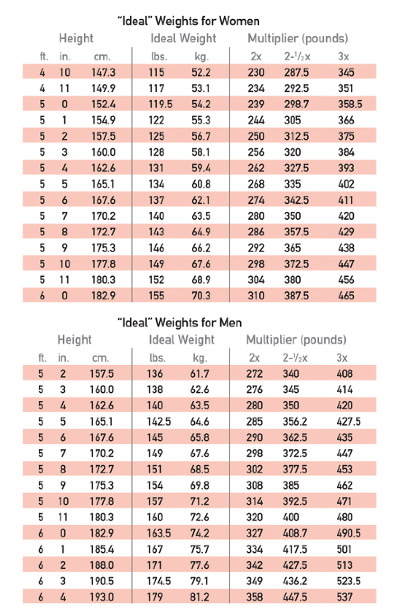



Vertical Sleeve Gastrectomy, Gastric Bypass and Lap Band Placement - Learn more about your surgical weight loss choices in San Diego.
We've know for a long time that living a leaner, lighter lifestyle leads to improved long term health and longevity. For many of us, however, despite multiple dedicated attempts at dieting and exercise, the excess weight we carry won't come off or stay off. Increasing scientific data shows that certain patients who are overweight may benefit from surgical weight loss procedures. No longer confined to the invasive "open gastric bypass", multiple surgical weight loss procedures now can be performed laparoscopically with minimal pain, minimal hospitalization and rapid return to normal activity. The patient and surgeon discuss available procedures at length and choose an operative plan that maximizes the potential for weight loss success and resolution of medical problems and limits any potential side effects or complications.
The National Institute of Health in Washington DC set guidelines for weight loss surgery in 1991 and they form the basis for patient selection at the present time. You may be considered a candidate for weight loss surgery based on the calculaton of your Body Mass Index (BMI) which measures your "size" relative to your height and weight. To calculate your BMI click below: http://www.nhlbisupport.com/bmi/ Patient's with a BMI: > 40 are considered morbidly obese and are candidates for surgery based on weight alone. The typical patient is over 100 lbs over their ideal body weight. Patient's with a BMI: > 35 - 40 are considered severely obese are a candidates for surgery when they are facing one or more medical problems listed below directly associated with being obese. The typical paitent in this category is 75 lbs over their ideal body weight.
Everyone who has struggled with their weight has an idea of the weight they would like to be. How much weight you have to lose and what your goal weight is depends on two factors: Your height and your starting weight. To minimize the guess work and subjective bias, the goal weight for patient's is determined by the simple height and weight chart below. This is an adaption of the general ideal body weights for both men and women as set by the National Institutes of Health in 1996.
For many patients, the "goal" weight above may seen like a number that is realistically too low. The truth with weight loss surgery is that most people never get to their "goal" according to the chart above. Rather, most patients who undergo surgery lose a percentage of their excess weight (%EWL). To calculate your excess weight, take your current weight and subtract from it your ideal body weight listed above. This number represents the amount of weight in pounds you need to lose. For most people considering surgery, this number varies between 90 - 150 lbs. On average, each type of surgical procedure predicts a certain percentage (%) of weight loss over the first 12 to 18 months. These percentages are listed in the informational sections of the specific procedures. To predict what your weight loss will be, simply multiply the percentage by your "excess weight". These values all represent averages. You as the individual patient could lose more or less depending on how you use surgery as a tool.
3 standard surgical procedures for weight loss are available to patients, each with their own risks and benefits. Some patients with specific medical conditions may benefit more from one specific operation versus another. Part of the surgical consultation for weight loss surgery includes a thorough review of the patient's medical condition, previous surgery history and their current BMI and amount of weight that needs to be lost. After this review, the surgeon and the patient will discuss the risks of surgery and expectations for success and choose a procedure that is tailored to their specific needs. Each of the three surgical procedures offered is discussed in more detail on each of their respective pages. See the links above to learn more about each specific operation.
For additional information click on our link below to be re-directed to Pacific Bariatric Medical Group for more details about our comphrehensive surgical weight loss program. |




